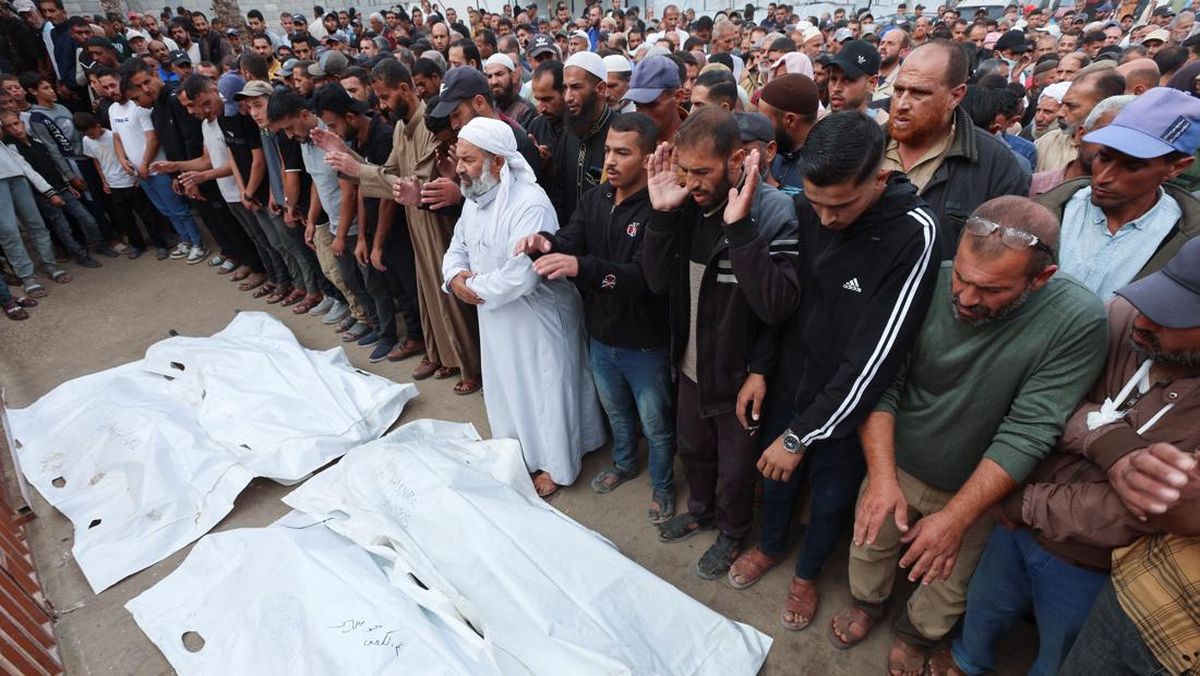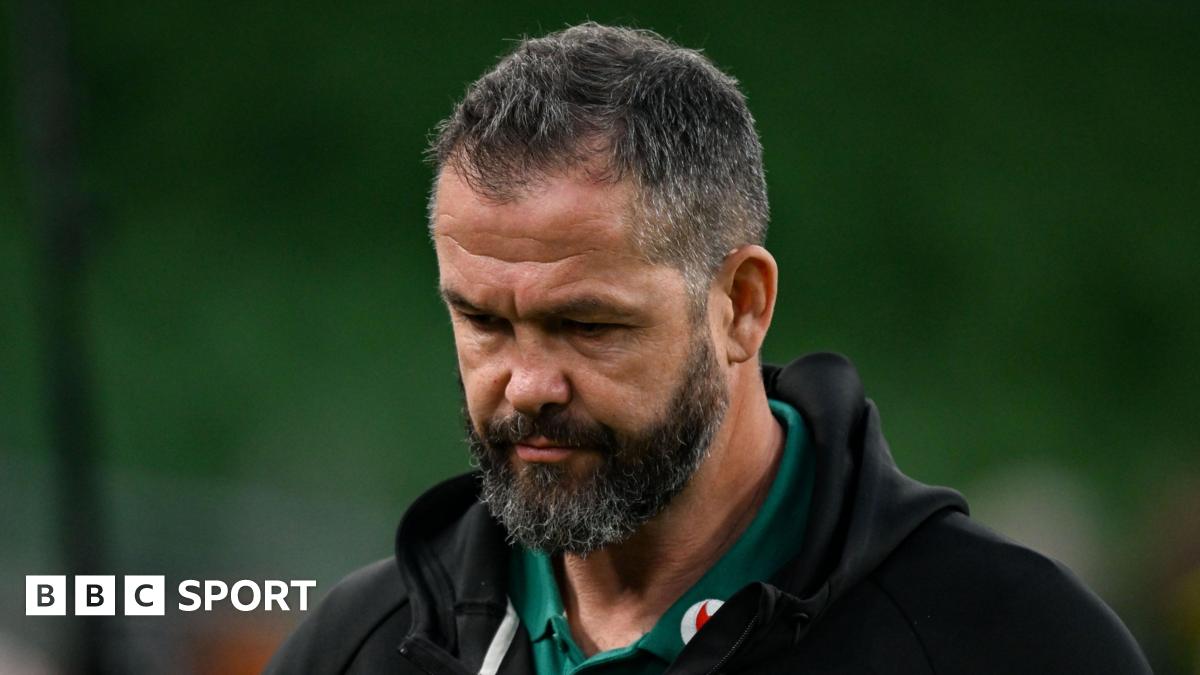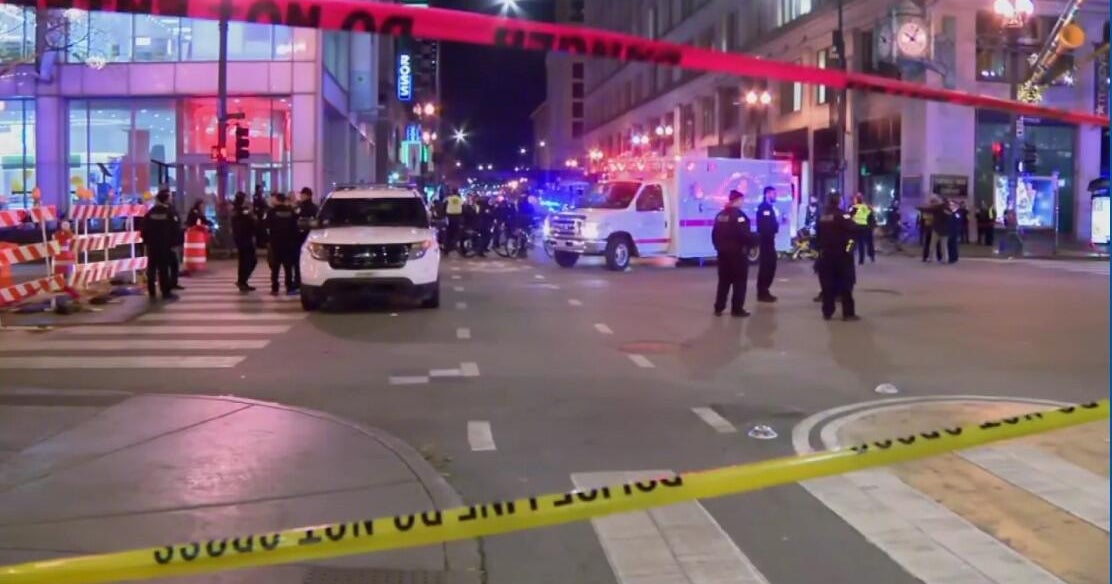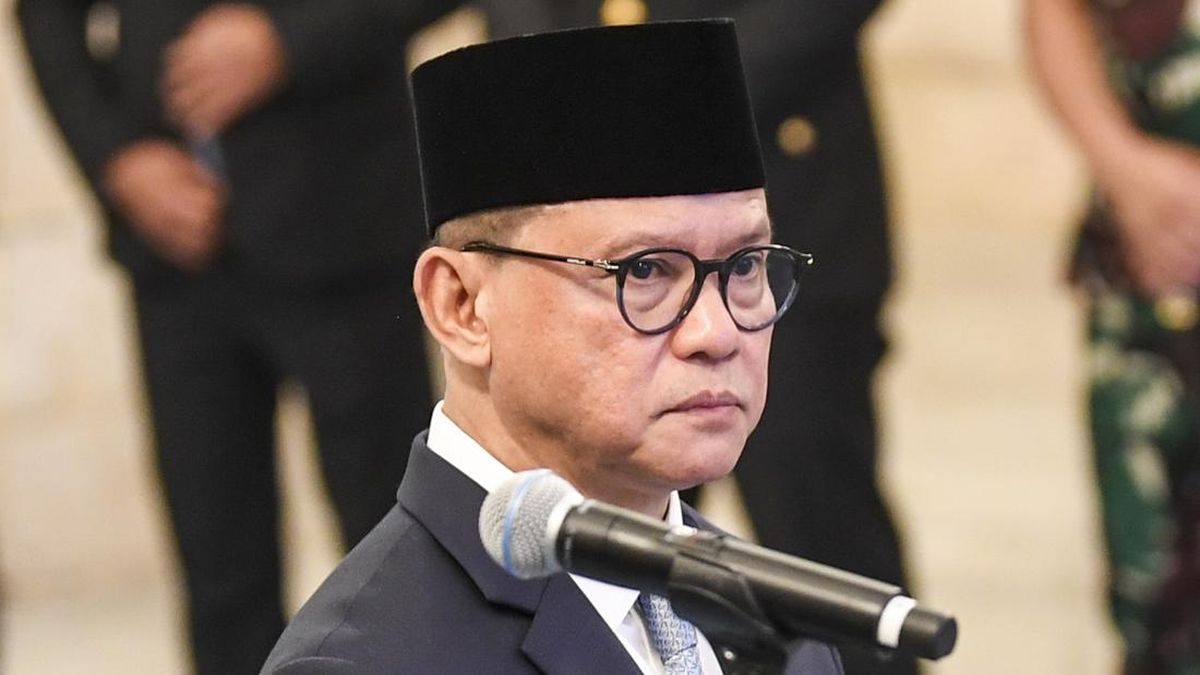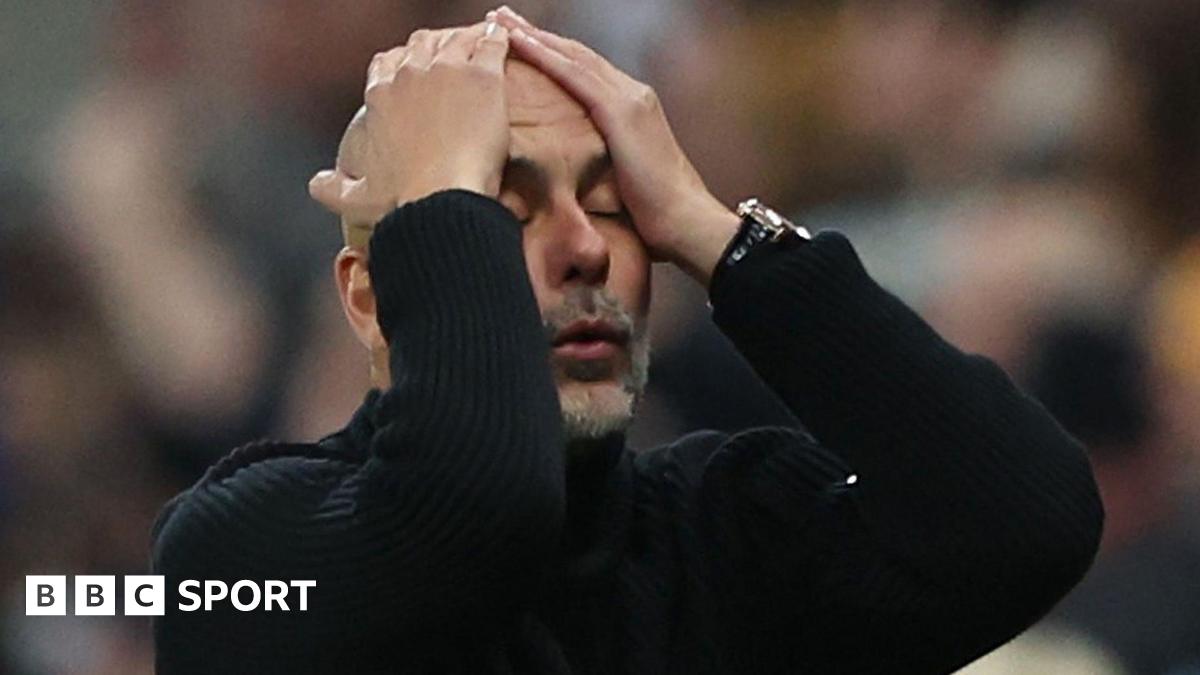Politicians’ staff drawn to the job by the promise of power and influence are instead being spat on, assaulted and overworked according to a damning report that jars with Prime Minister Anthony Albanese’s vow to create safe political workplaces.
The Parliamentary Workplace Support Service tabled its review of resourcing in parliamentary offices last week, revealing that 80 per cent of staff say they work overtime and 72 per cent say security incidents are increasing.

Criminal damage at Labor MP Josh Burns’ electoral office in Melbourne in June 2024.Credit: AAP
The review will put further pressure on Albanese’s decision to cut the staffing allocations for the opposition and some independent MPs in June, while refusing to increase the number of people assisting other minor parties.
Almost 500 people, including parliamentarians, electorate staff and MPs’ staff, completed a survey and 217 of those took part in consultation sessions.
On top of overtime work, 72 per cent of individuals said they were seeing a steady increase in security incidents, including protest activity and violent and threatening behaviour from constituents.
In addition, 85 per cent of surveyed parliamentarians and staff reported dealing with constituents who were behaving in a violent, threatening or volatile manner with 46 per cent engaging with this type of behaviour more than once a month.
“I’ve been pulled across the counter, I’ve been spat at, I’ve had things thrown at me, I haven’t met anyone important, I’ve been to Canberra twice, I’m not learning anything,” a staff member told the commission.
The report made 10 recommendations which Special Minister of State Don Farrell said the government agreed to “in principle”.
“The Albanese Labor government has a firm commitment to continuous improvement of the culture of the parliamentary workplace and will work with relevant agencies and across the parliament to act on these recommendations,” he said.
Recommendations included the need for offices to improve security preparedness, access to information, managing workload, staff wellbeing and training. The report said the government needed to provide up-to-date security and work health and safety procedures that include guidance on when an incident should be report and to whom.
It also called for extra staff for MPs with large electorates and more money for relief staff.
Electoral office attacks have increased since tensions over the war in Gaza affected social cohesion. Labor MPs including Josh Burns, Peter Khalil, Ged Kearney and Albanese’s offices have been damaged. Then-opposition leader Peter Dutton and James Paterson also experienced hits.
“We are [near] the state MP [office] and a person came in with knives planning to kill the state MP,” another staff member said.
Political and electoral staffers also described having long working hours, unclear role expectations and intense workloads.
Of the online survey responders, 45 per cent described their workload as well above capacity, 36 per cent said it was slightly above.
Loading
“You can start at 6am and finish at 2am because you are still doing the work to do wrap-ups and finalise everything. You’re expected to prep content on a Friday for weekends. You might start Sunday arvo to prep for Monday,” one staff member said.
The parliamentary support service found the primary driver for consistently high volumes of work was increasing expectations from constituents and the shift to 24-hour news cycles.
In June, Albanese wrote to Opposition Leader Sussan Ley and advised that the opposition would have staffing levels reduced, while minor parties including One Nation and Australia’s Voice have been denied more staff.
In the last parliament, the government had about 500 advisers and the opposition had about 100. The number of opposition advisers for the new parliament has been reduced to the 80s, while the government allocation has also fallen, but by fewer roles.
For decades, by convention, the opposition of the day has been given about 21 per cent of the staff allocated to the government to do tasks like analyse legislation, meet with community representatives and prepare for hearings.
The government’s staffing ranks were also reduced after the election, though they there are more Labor staffers overall because it has more MPs. Labor MPs have argued the cuts were fair because the Coalition had planned to cut public servants if it won office.
The support service recommended parliamentarians attached to a party with parliamentary roles or shadow ministry responsibilities should be allocated a personal staff member by the leader to support effective management of work related to their responsibilities.
“To assist in managing workload, advice outlining the split between electorate, parliamentary and political work should be provided to all parliamentarians and their staff to clearly delineate between work to be undertaken during work hours and volunteer political or party activities,” the PWSS said.
Most Viewed in Politics
Loading

